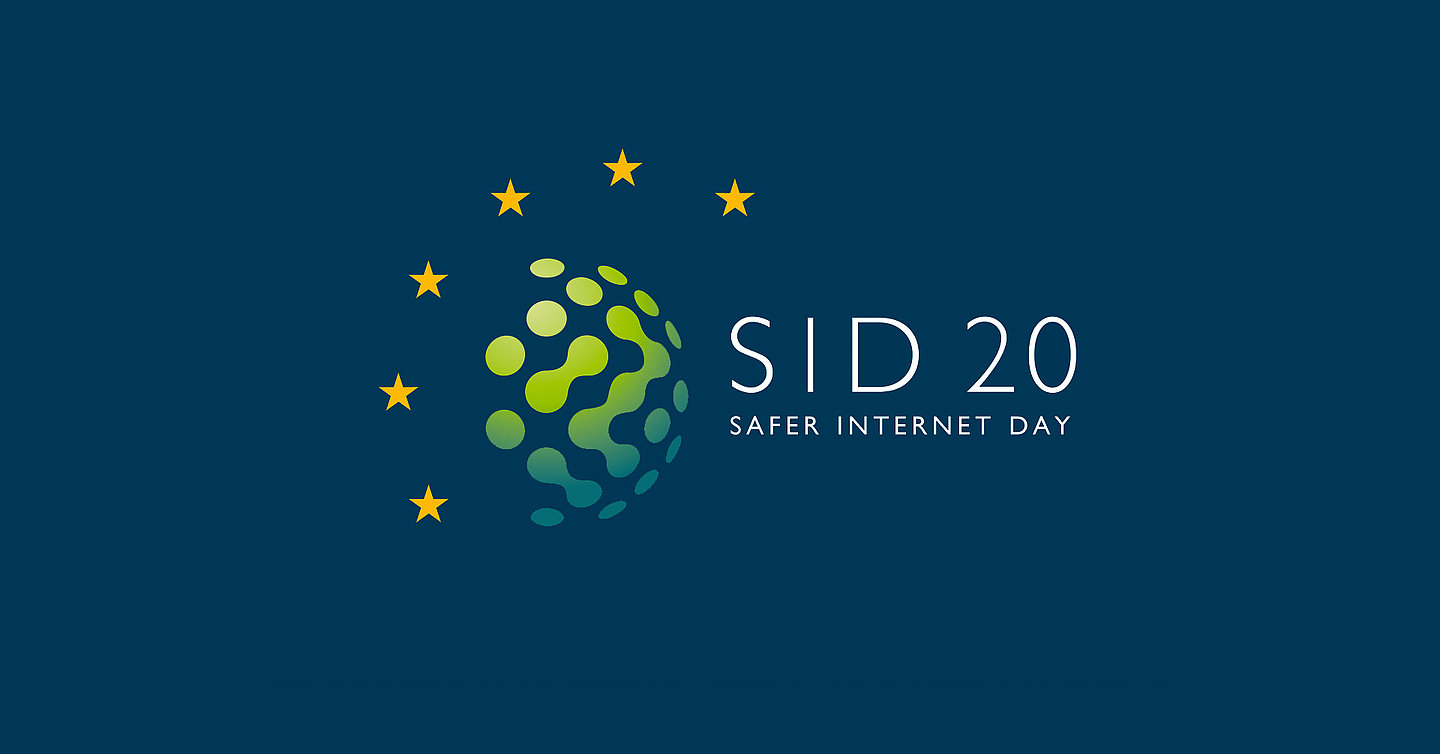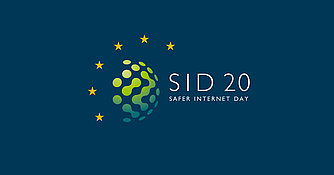Younger people in particular are online practically all the time and, at the same time, are often not very critical of anything that looks new and exciting. They first have to develop a sense of where dangers lurk and, above all, who they are giving their data to - whether this is in a chat with a stranger, exchanging videos or posting video content on the net.
Safer Internet Day 2020 - surfing the Internet responsibly
G DATA offers tips for safe Internet use
Smartphones have become a staple of our everyday communication. But it’s not just adults who are exposed to dangers such as data theft, identity theft or cyberbullying. Children and young people in particular often do not know what risks online users need to be aware of. This year's Safer Internet Day on February 11 is themed “Together for a better Internet” and draws attention to the subject of IT security worldwide through campaigns also aimed at children and young people.
A survey conducted by digital association Bitkom on the ownership of smartphones by children and young people in Germany clearly shows that one third (33 percent) of 8- to 9-year-olds, three quarters (75 percent) of 10- to 11-year-olds and almost all children and young people aged 12 or over (approx. 95 percent) already have a smartphone. They use their mobile phones in various ways, whether to listen to music, watch videos and play games or to use messenger services. Bochum-based IT security specialist G DATA CyberDefense is jumping on the opportunity offered by the European day of action to provide tips for safe Internet use.

Raising awareness of cyber crime among children and young people is particularly important. Often they are too reckless with their digital identities and are uncertain of how to surf the net safely. Links especially do not always lead to harmless sites. Trojans, viruses, malware or phishing attempts can hide behind harmless looking emails. However, Internet fraud is also an underestimated danger. Simple security tips can protect users from cyber attacks and ensure a more responsible way of handling sensitive data.

G DATA is providing some tips for better protection when online:
- Protection via security software: A comprehensive security solution with powerful real-time protection is part of the basic equipment of any computer, smartphone and tablet. Users are particularly well protected when using G DATA security solutions with DeepRay technology. This uses artificial intelligence to provide even better protection against harmful processes. BEAST, our new behaviour-based detection technology, provides protection against new and previously unknown malware.
- Regularly load updates: The software installed on a computer, smartphone or tablet should always be up-to-date. Updates close security holes and make cyber attacks more difficult.
- Secure passwords: Using only one password for all accounts entails massive security risks. Passwords such as “football1234” or “password+” can also be easily guessed by trial and error. Hence a passphrase should generally be used that cannot be found in a dictionary, yet is still easy to remember. Also a sufficient length - at least 12, but ideally 15 to 20 characters - as well as combinations of special characters and numbers are recommended. A password manager can help to keep different, complex passwords safe.
- Children's safety on the Internet: Parents should teach their children how to act safely and responsibly when using the Internet. Parental controls can help with this and prevent your child from being able to access websites about drugs, violence and pornography.
- Caution with confidential data: Users should be careful with confidential data and not reveal too much about themselves. Private information especially, such as postal addresses or mobile phone numbers, should not be publicly accessible.
- Not every social media user is a friend: Users of social networks often receive friendship requests from people they do not know. Contact requests should only be confirmed if you actually know the person and, ideally, they are a friend as well.
- Use QR code scanners: QR codes are being used more and more. They are useful, but they can also be dangerous because the content of the page is not visible. The G DATA QR Code Scanner can be used to check whether the code is harmless. If it is not, the user will receive a warning.
- Caution when gaming on a smartphone: Free-to-play games are extremely popular. However, caution is the byword here: Data is collected and additional purchases are offered. Even fake games are tricky, as additional apps are loaded in the background and malware or spyware can be installed. It is vital that children and young people are informed of the dangers. Parents can use parental controls in the Play Store to ensure that a filter does not display questionable content.
Further safety tips are available online on our G DATA Safer Internet Day blog.
What is Safer Internet Day?
The worldwide Safer Internet Day (SID) is a day initiated by the European Union to help people stay safe on the Internet. Activities and events take place every year at the beginning of February. Anyone can take part in it - institutions, foundations, companies, associations or private individuals.
